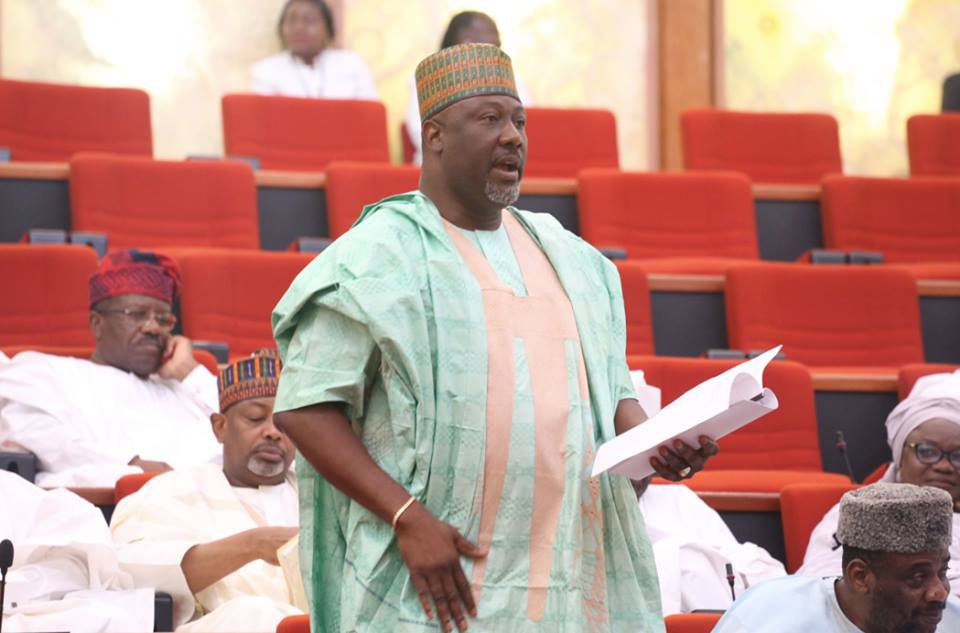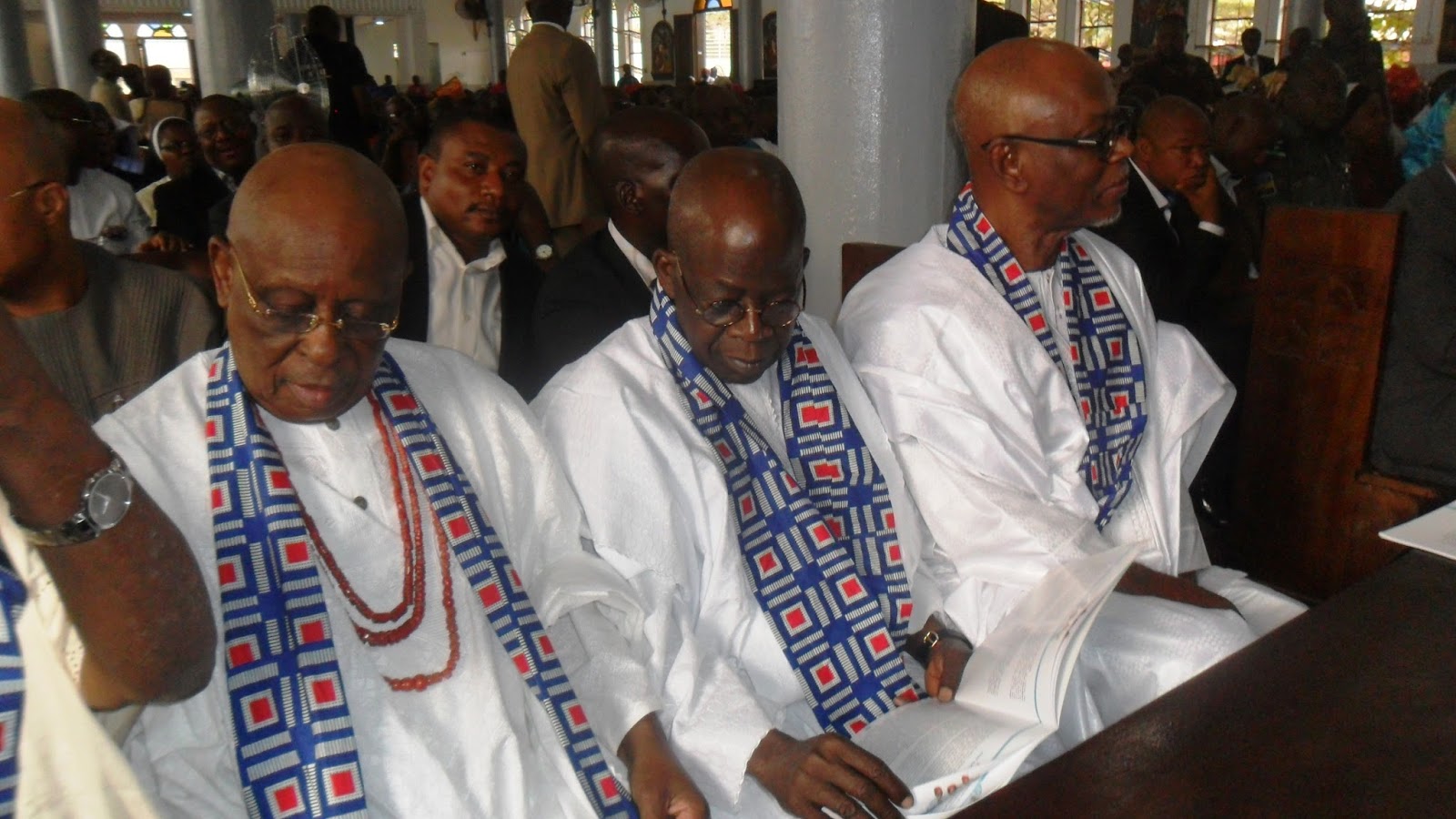Atedo Peterside, chairman of Stanbic IBTC Holdings, says rather than sell its stake in Nigeria Liquefied Natural Gas (NLNG) Ltd, the federal government should reduce its holding in its joint venture partnerships to a maximum of 40%.
In an op-ed which he shared with TheCable, the economist and investment banker said the success of NLNG owes to the fact that the federal government stake is less than 50% and suggested that this should be replicated in other joint venture (JV) partnerships in the upstream sector.
While not opposing asset sale, Peterside listed three prerequisites which he called “3-way test”.
He wrote: “If these are done strategically, they can constitute a triple boost to a flagging economy. They can: 1) bring in forex; 2) improve efficiency; and 3) reduce the drain on existing resources which some FGN assets/investments presently constitute. Call this my 3-way test.
Advertisement
“I would not advocate for the sale of a “cash cow” like the FGN stake in Nigeria LNG (NLNG) at this time because it does not pass the second and third pillars of my 3-way test. Conversely, I would advocate for the replication of the very successful NLNG model, where the FGN stake is capped below 50% across the oil producing Joint Ventures (JV).
“The biggest obstacle to incorporating the existing JVs between FGN and the oil majors is attributable to the fact that no right-thinking business house will want to be “trapped” in an Incorporated JV (IJV) in which the FGN has majority control. What happens when FGN dissolves the Board and fails to appoint new directors, thereby leaving the IJV short of a quorum? NLNG works because FGN is not in control there.
“This is an excellent time to form separate IJVs with Shell, ExxonMobil, Chevron, Total etc. but for this arrangement to takeoff properly and quickly, FGN must sell down its stake from the 55-60% that it presently holds to no more than 40% in each of the IJVs.
Advertisement
“Anybody in his right mind will gladly pay a premium to attain 51% and move away from the present clumsy and unwieldy structure where they are junior partners in a Joint Venture with a historically meddlesome and value-destructive Nigerian National Petroleum Corporation (NNPC).”
Read the full article
Add a comment







